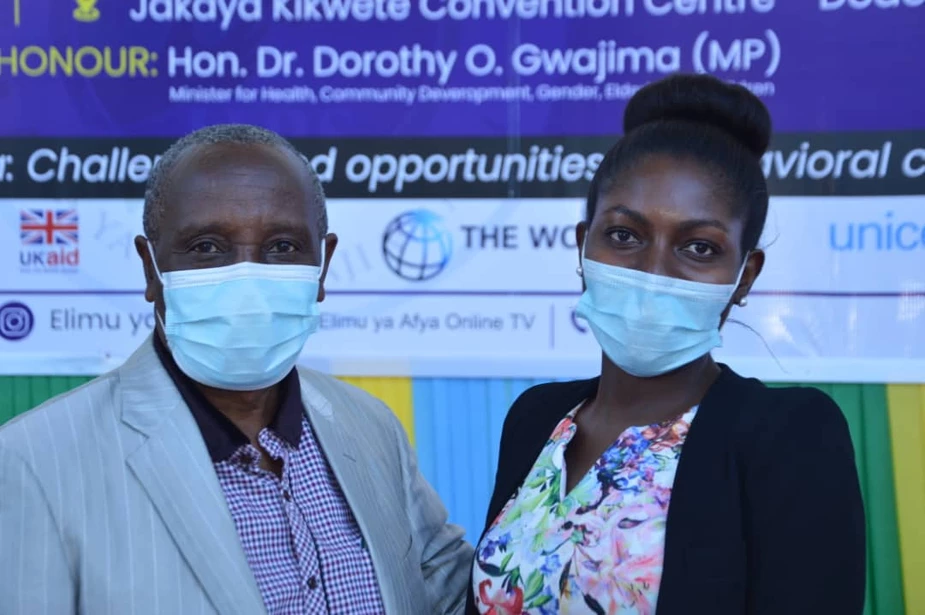When infectious diseases threaten communities, health systems need effective leadership and coordination to respond quickly and save lives. During the COVID-19 pandemic, experts have focused on the important role that communities can play in driving a response, whether by engaging existing community leaders or taking advantage of community structures, but if countries already have fragmented health systems, the disconnect between healthcare providers can be exacerbated when facing public health emergencies.
At the Tanzania Annual Health Promotion Conference, organized by Tanzania’s Ministry of Health, Community Development, Gender, Elderly, and Children (MoHCDGEC) from August 23-26, I joined my colleagues from Apotheker Tanzania, Dr. Angel Dillip and Dr. Suleiman Kimatta, to share lessons from the Afya-Tek program and to showcase how establishing strong digital community health systems can help prepare monitoring and response efforts before epidemics occur.

Since November 2020, the Afya-Tek program has been working in Tanzania’s Kibaha District to improve coordination between community health workers, primary health facilities, and private drug-shops. Before, each of these groups worked independently from one another, but Afya-Tek connects these different providers as part of a unified digital system to streamline a patient’s experience at any point of care.
When limited information is shared between health providers, patients can experience delays and disruptions in their care. But digital technology can help bring these groups into alignment, so patient information and data is shared securely and efficiently. This helps put patients in control of their healthcare journey so they can receive more personalized services that better address their unique health needs and help them live healthier lives.
Building a digitally-enabled continuum of care delivers tangible benefits for patients’ primary care needs, but also strengthens the health system to respond to infectious disease outbreaks. Here are three opportunities that a system like Afya-Tek can create to help health systems respond to outbreaks:
Sharing Accurate & Essential Health Information
An important step early in an infectious disease response is to promote essential health information on topics like prevention, vaccinations, and care-seeking behaviors. In rural Tanzania, many people rely on community health workers or private drug-shops for their health information. Afya-Tek equips health workers with digital tools within a broader connected health system, meaning urgent health information provided through the tools can be easily disseminated to ensure the most up-to-date information is available to patients when they interact with health workers.
Supporting Community-level Disease Surveillance
Health programs generate substantial amounts of data at every point of care, but when health systems rely on paper-based records and reporting, health workers often face an added workload to accurately document and share data. Afya-Tek connects community health workers, private drug shops, and health facilities so data is available when they need it. During an outbreak, symptomatic individuals can be quickly identified and referred to services. With data captured and aggregated automatically, managers at higher levels of the health system can also use data across communities as an outbreak alert system.
Supplying Real-time Data & Information for Decision-makers
Having high-quality and accurate data available at the right time is essential if planners, policy-makers, and managers are expected to make informed decisions, and the need for timely data becomes even more important when health systems face an outbreak. Afya-Tek equips these decision-makers with dashboards that present real-time data to support decision-making at the health facility, district, regional, and national levels. By training managers in data analysis and evidence-based decision-making on an ongoing basis, they can be better prepared to identify and respond to future outbreaks.
The COVID-19 pandemic underscored many of the challenges that health systems face when responding to a large-scale infectious disease outbreak, but also created an opportunity for us to learn how we can rebuild our health systems to be more resilient in the future. We must apply these lessons and recommit ourselves to building digitally-enabled health systems that can respond to outbreaks while ensuring essential health services are not disrupted.
